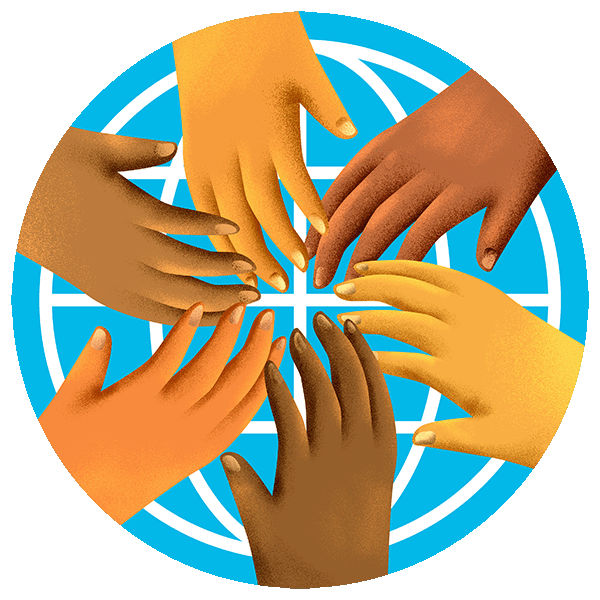
WCIP 04. Reaffirmations Of Outcome Document
A true process of consultation and cooperation means that States should obtain Free, Prior and Informed Consent by going through Indigenous Peoples’ own representative institutions.
This series of 24 PSAs is based on the Outcome Document of the World Conference on Indigenous Peoples, which took place in September of 2014 in New York. The PSAs highlight specific passages of the Outcome Document in an effort to inform audiences of exactly what the document contains and encourage action.
WCIP 03. Purpose Of Outcome Document
The purpose of the WCIP Outcome Document is to consolidate the progress made thus far on implementing the UN Declaration on the Rights of Indigenous Peoples, modify existing measures, and set out new commitments. It makes recommendations for how we can put the words of the UN Declaration on the Rights of Indigenous Peoples into action.
WCIP 02. What Is WCIP Outcome Document
The WCIP Outcome Document analyses the existing UN mechanisms for implementing the UN Declaration on the Rights of Indigenous Peoples, and details ways in which they can be improved.
This series of 24 PSAs is based on the Outcome Document of the World Conference on Indigenous Peoples, which took place in September of 2014 in New York. The PSAs highlight specific passages of the Outcome Document in an effort to inform audiences of exactly what the document contains and encourage action.
WCIP 01. What Is The WCIP
The WCIP was a meeting of the UN General Assembly where the concerns of Indigenous Peoples were discussed, along with best practices on how to implement the UN Declaration on the Rights of Indigenous Peoples.
This series of 24 PSAs is based on the Outcome Document of the World Conference on Indigenous Peoples, which took place in September of 2014 in New York. The PSAs highlight specific passages of the Outcome Document in an effort to inform audiences of exactly what the document contains and encourage action.
Advice For Youth - Michael Preston At The World Conference On Indigenous Peoples
Michael Preston speaks about how Indigenous youth can get involved in the UN system and defend their rights on the international level.
Interview with Windel B Bolinget at the World Conference on Indigenous Peoples
Indigenous leader and Chairperson of the Cordillera Peoples' Alliance of the Philippines gives his perspective on the World Conference on Indigenous Peoples. "The bottom line in advancing the recognition of Indigenous Peoples' rights is fighting for these rights right in our own territories and communities."
Interview with Windel B Bolinget at the Peoples' Climate March
Indigenous leader and Chairperson of the Cordillera Peoples' Alliance of the Philippines shares expectations of the Climate March and its importance to Indigenous Peoples. "In resolving climate change, Indigenous knowledge, Indigenous Peoples' participation is fundamental."
Alta WCIP - Implementing Written Rights
Alta Outcome Document, produced from the Global Indigenous Preparatory Conference at the World Conference on Indigenous Peoples in Alta, Norway on 10–12 June 2013
Alta WCIP - Free Prior And Informed Consent
Alta Outcome Document, produced from the Global Indigenous Preparatory Conference at the World Conference on Indigenous Peoples in Alta, Norway on 10–12 June 2013
Saami Women Roles
World Conference of Indigenous Women 2013
From the Saami community in Norway, Gudrun E E Lindi believes that by collaborating with women from other indigenous communities, she can make a global impact and create positive change.
